Peter Higgs didn't know he was going to discover a particle. Now that he has, Higg's Wiki entry describes the history thus:
Higgs proposed that broken symmetry could explain the origin of mass of elementary particles and of the W and Z bosons in particular. This so-called Higgs mechanism, proposed by several physicists besides Higgs at about the same time, predicts the existence of a new particle, the Higgs boson, detection of which became one of the great goals of physics.[8

This mechanism exists as a field, where asymmetry rules ok, enabling mass to have a place in a scheme where the maths says mass shouldn't be. Again from Wiki (love or hate this really useful reference point):
A key feature of the necessary field is that it would take less energy for the field to have a non-zero value than a zero value, unlike all other known fields, therefore, the Higgs field has a non-zero value (or vacuum expectation) everywhere.
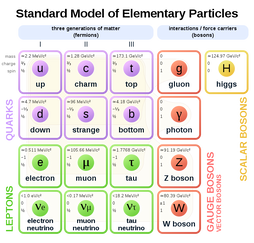
Scalars have a size, while vectors have both size and direction. When adding vector quantities, it is possible to find the size and direction of the resultant vector by drawing a scale diagram.
If there were no scale, created by asymmetry as Higgs' original proposal (above) says it must be, the forces and the material elements would have no form to take that physical observers could recognise. Quarks (you're made of those) and neutrinos (they fly through you all the time) oscillate - change from one thing to another. Why? What for? Well, these questions seem important enough for people to find particles that fit the boxes. And if you read this from CERN, you'll find the quark and neutrino sharing a stage. The weak force - miniscule in spacetime, massive in effect. And the Higgs, another force altogether. High-five to the field where the Higgs comes out to play - may the Force be with you that pieces reality together, the constructive cement that mass depends on, but which of itself is - what? Energy? The Higgs has something to do with asymmetry...
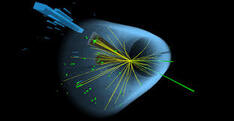
Questions are being asked of consciousness. Suggestions have been made that there's a particle to account for it. To quote Cern (from behind the picture here of a Higgs interaction:)-
At the subatomic scale, the universe is a complex choreography of elementary particles interacting with one another through fundamental forces, which can be explained using a term that physicists of all persuasions turn to: elegance.
Live Videos every Monday at 6.00pm GMT
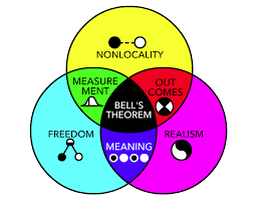
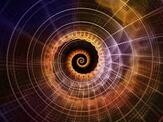
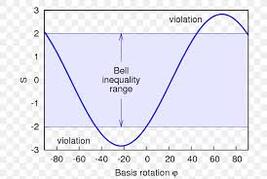
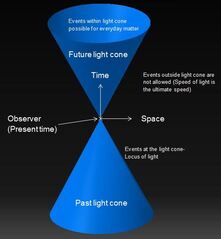


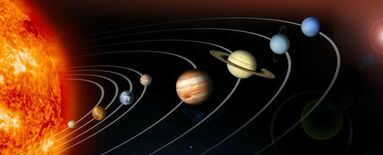
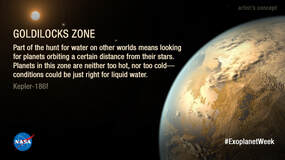





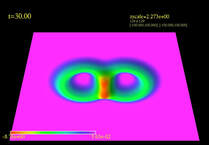



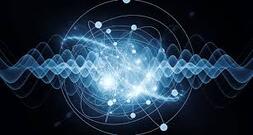
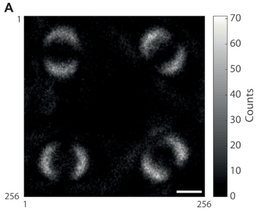

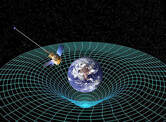
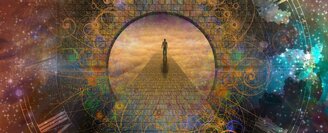



 RSS Feed
RSS Feed
